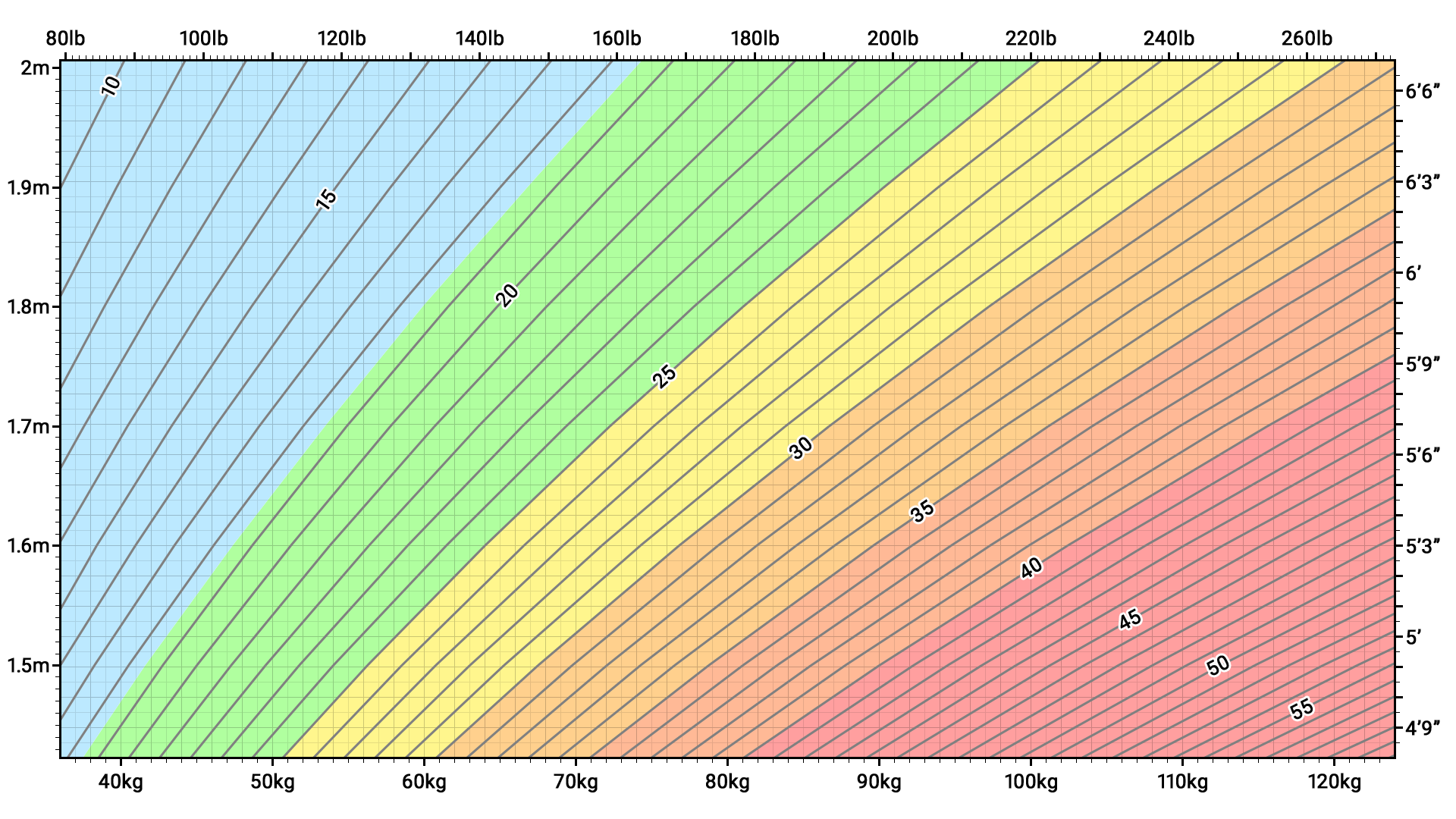WASHINGTON (July 6, 2023)— A new study, published Wednesday in the journal PLOS One, cast further doubt on the body mass index rating scale as a sole indicator of health risk. The body mass index, also known as BMI, is a calculation that measures a person’s body fat based on height and weight. The study authors analyzed data on 550,000 American adults from the 1999-2018 National Health Interview Survey and the 2019 US National Death Index and found the BMI’s overweight range is generally not associated with increased risk. The study joins previous research which cast doubt on the BMI’s ability to predict the risk of disease on an individual level, especially across racial and ethnic groups. The American Medical Association recently adopted new guidelines that recommend physicians use additional measures, in concert with the BMI, to assess an individual’s health risks.
The George Washington University has experts available to comment on a variety of issues related to the body mass index, obesity and other health-weight indicators. To request an interview please contact Rachel Larris, rlarris gwu [dot] edu.
gwu [dot] edu.
Michael G. Knight is an assistant professor of medicine, and obesity medicine specialist, at the George Washington University School of Medicine & Health Sciences. He is available to comment on the use of BMI as a measure of health outcomes, particularly across ethnic groups.
Loretta DiPietro is a professor of exercise and nutrition sciences at the George Washington University Milken Institute School of Public Health. She is available to comment on the use of the BMI in the assessment of an individual’s health status.


